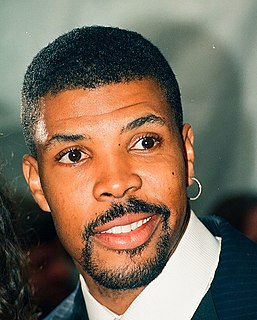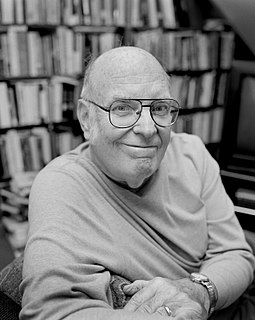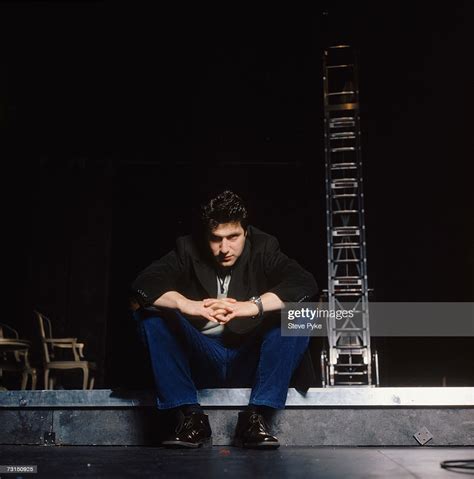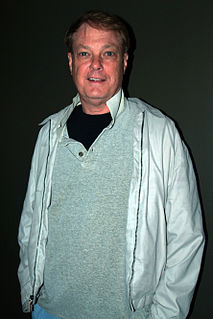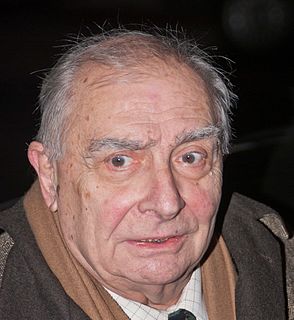A Quote by Idris Elba
If you are going to call a film a 'black film' then you have to make a film that represents everyone that's black, which is almost impossible. That is why white films are not called white films, they are just called 'films.'
Related Quotes
There's a thing I really mind hearing, when someone says: "That's not my kind of film, I don't want to go and see that..." I don't believe that, I don't believe that it's possible to write off a whole genre of filmmaking - "oh I don't like subtitled films", or "I don't like black and white films", or I don't like films made before or after, a certain date" - I don't believe that.

